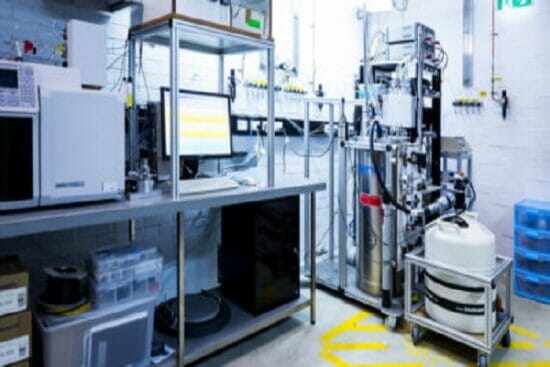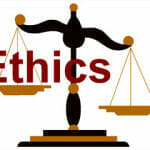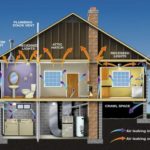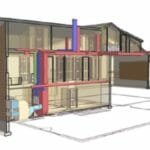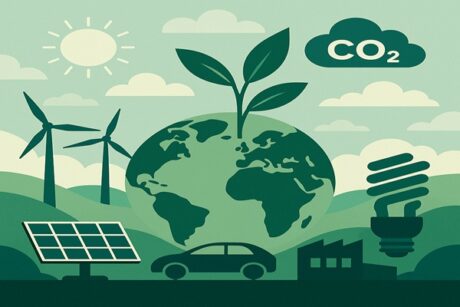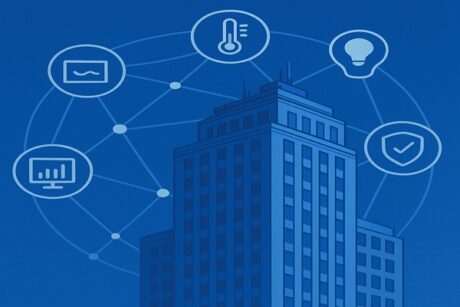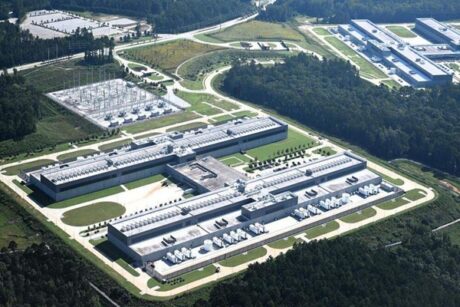- Course No.: E – 2000
- PDH Units: 7
No data found for Custom Course Number
No data found for Custom Course Units
Intended Audience: Energy, Mechanical & Power Engineers.
PDH UNITS: 7
This learning is given in 3 parts. This is part 2.
- Part 1 was based on understanding thermodynamic concepts and the use of pressure enthalpy charts.
- Part 2 builds onto part 1 but uses thermodynamic software instead of pressure enthalpy charts for analysis and goes into additional depth.
- Part 3 builds on parts 1 and 2 to apply thermodynamics to understand air conditioning and refrigeration systems from ¼ hp size units to 300,000 hp size units.
Learning Objectives:
At the successful conclusion of this course, you will learn the following knowledge and skills:- How to use thermodynamic software
- This will include solving many problems, some like those from part 1
- Application of the software for solving liquefying mixtures of natural gas
- Understanding how thermodynamic software can show deviations from ideal gas solutions
- Applying thermodynamic software to plant operations including:
- Analysis of in-tank and external LNG pumps
- Producing graphs such as Tx diagrams for binary mixtures and Ph diagrams for multi-component mixtures
- How and why recondensers work
- Determining the horsepower requirements and heat added to fluids of LNG pumps, compressors, and cold blowers
- The heat requirements of vaporizers
- Temperature and power requirement changes as LNG and/or BOG mixture composition changes are made (e.g., nitrogen in BOG vs. pure methane in BOG)
- An in-depth understanding of three stratification modes resulting in LNG rollovers
- Reinforcement exercises including analysis of:
- Positive displacement compressors
- BOG compressors with varied inlet pressures
- Boiler feed water pumps
- Recondensers
- Flash output compositions
- What happens when two fluids are mixed
- Velocities downstream of a JT valve
- Pressure and temperature changes downstream of a compressor due to fluid mixture composition changes
- Relationship between height of liquid in LNG tank and BOG production.
- BOG produced due to a change of LNG tank pressure.
Once completed, your order and certificate of completion will be available in your profile when you’re logged in to the site.
Ethics Courses
Course No.: E - 2000
PDH Units: 7


